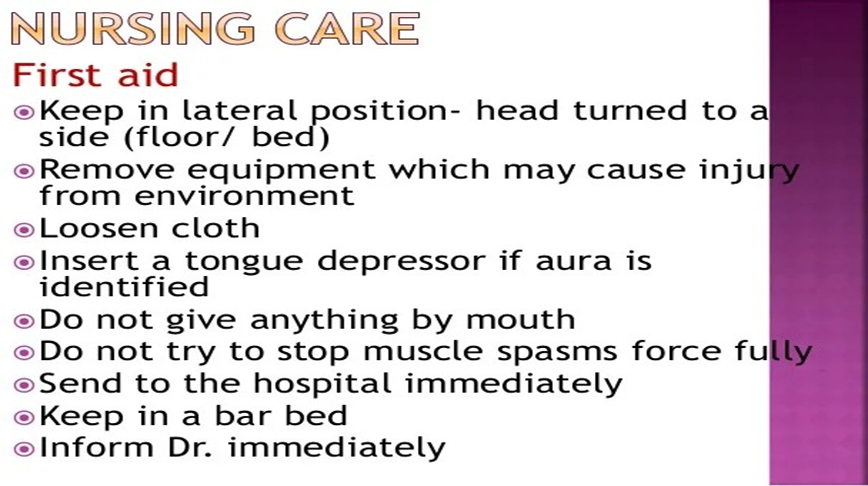The nurse is caring for a child with a fracture who is placed in skeletal traction. The nurse monitors for the most serious complication associated with this type of traction by checking for which?
An increase in the blood pressure
An elevated temperature
A decrease in urine output
A lack of appetite
The Correct Answer is B
B. The most serious complication associated with skeletal traction is osteomyelitis, an infection that involves the bone. This condition can occur when organisms gain access to the bone either systemically or through the openings created by the metal pins or wires used in the traction.
A. Increased blood pressure can occur for various reasons but it is not the most serious complication associated with skeletal traction.
C. A decrease in urine output could indicate systemic infection which is a late feature of osteomyelitis and therefore, not the earliest to monitor.
D. Changes in appetite can occur in response to pain or stress but they are not typically the most serious complication associated with skeletal traction.
Nursing Test Bank
Naxlex Comprehensive Predictor Exams
Related Questions
Correct Answer is C
Explanation
C. The priority during a seizure is to protect the patient from harm, particularly from aspiration if they vomit or have excessive saliva production. Turning the client to a lateral position helps maintain an open airway and prevents aspiration. This action should be taken immediately after lowering the client to the floor to ensure their safety.
A. Providing oxygen is important for a patient experiencing a seizure. However, it's not the first action to take. The priority is to ensure the patient's safety and protect them from injury during the seizure.
B. Administering anticonvulsant medication during an active seizure is not appropriate. Anticonvulsants are typically prescribed as maintenance therapy to prevent seizures or to manage seizure disorders in a controlled manner, not during an acute seizure episode.
D. Monitoring oxygen saturation is important but it's not the first action to take during an active seizure. Ensuring the patient's safety and protecting them from injury take precedence. Oxygen saturation can be assessed once the patient is in a safe position.

Correct Answer is D
Explanation
D. Tugging or pulling on the affected ear lobe is a classic sign of otitis media in infants. The discomfort or pain caused by inflammation and pressure in the middle ear may lead the infant to tug or rub the affected ear in an attempt to alleviate discomfort.
A. Bluish-green discharge from the ear canal is not a typical finding in otitis media. Otitis media is characterized by inflammation and fluid accumulation in the middle ear, which may not result in discharge unless there is a secondary bacterial infection or perforation of the eardrum.
B. An increase in appetite is not a typical finding in otitis media. In fact, many children with otitis media may experience a decrease in appetite due to discomfort, pain, and difficulty swallowing or chewing.
C. Erythema (redness) and edema (swelling) of the affected auricle (outer ear) are not typically associated with otitis media. Otitis media primarily affects the middle ear, where inflammation and fluid accumulation occur behind the eardrum.
Whether you are a student looking to ace your exams or a practicing nurse seeking to enhance your expertise , our nursing education contents will empower you with the confidence and competence to make a difference in the lives of patients and become a respected leader in the healthcare field.
Visit Naxlex, invest in your future and unlock endless possibilities with our unparalleled nursing education contents today
Report Wrong Answer on the Current Question
Do you disagree with the answer? If yes, what is your expected answer? Explain.
Kindly be descriptive with the issue you are facing.
